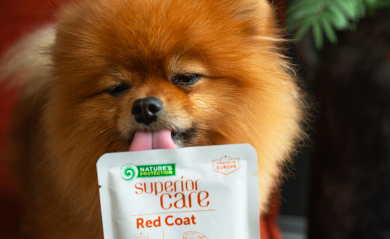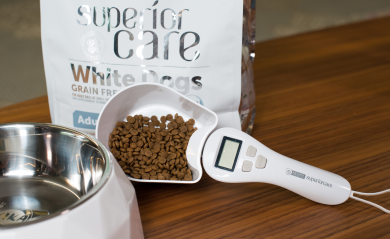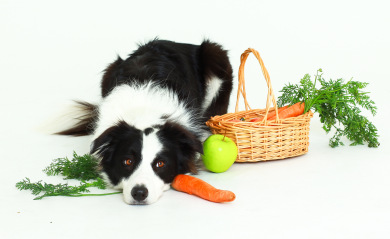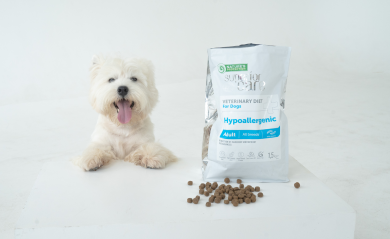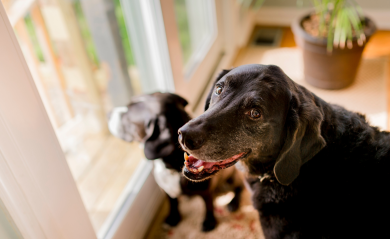The Role of Hydration in Pet Health: Ensuring Optimal Pet Nutrition and Well-being
When it comes to pet care, hydration often takes a backseat to more obvious concerns like diet and exercise. However, ensuring that your pet is adequately hydrated is crucial to their overall health and well-being. Whether you’re caring for a playful puppy, a curious cat, or any other beloved pet, understanding the role of hydration in pet health can help you make informed decisions about their diet, including the selection of the best pet food products to support their needs.
Why Hydration is Vital for Pets
Just like humans, pets rely on water to carry out essential bodily functions. Water aids in digestion, nutrient absorption, circulation, and temperature regulation. It also helps flush toxins from the body, supports healthy skin and coat, and cushions joints. Dehydration in pets can lead to serious health issues such as kidney disease, urinary tract infections, and even organ failure. Therefore, maintaining proper hydration is as critical as providing high-quality pet food and nutrition.
Signs of Dehydration in Pets
It’s not always easy to tell when your pet is dehydrated, but there are a few signs to watch for:
-
Dry gums and nose: Healthy pets usually have moist gums and noses. If these areas appear dry, it could indicate dehydration.
-
Lethargy: Dehydration can cause your pet to become unusually tired or sluggish.
-
Sunken eyes: This is a more severe sign of dehydration and requires immediate attention.
-
Loss of appetite: Pets who are dehydrated may lose interest in eating, even if they are usually excited about their pet food.
If you notice any of these symptoms, it’s important to act quickly. Offering fresh water and possibly switching to a diet that includes wet pet food, which has a higher moisture content than dry kibble, can help restore hydration.
Pet Food Choices: Dry vs. Wet Food
When it comes to hydration, the type of pet food you choose can make a significant difference. Dry pet food, also known as kibble, is convenient and popular, but it contains very little moisture—usually around 10%. On the other hand, wet pet food, such as canned dog food or cat food, contains up to 78% moisture. Incorporating wet food into your pet’s diet can contribute to their daily water intake, especially if they aren’t drinking enough water on their own.
For pets prone to urinary issues or dehydration, a diet rich in wet pet food can be particularly beneficial. However, it’s important to balance this with other nutritional needs. Consulting with your veterinarian can help you choose the right mix of dry and wet food to meet your pet’s specific requirements.
Supplementing Hydration with Pet Products
Beyond food, there are other ways to ensure your pet stays hydrated. Consider these products:
-
Water fountains: Cats, in particular, are more likely to drink moving water. Pet water fountains can encourage your cat or dog to drink more by keeping water fresh and appealing.
-
Broth or pet-safe hydrating fluids: Some pets might enjoy flavored water or broth. Ensure any additional fluids are specifically formulated for pets, avoiding ingredients like salt and onions, which are harmful to them.
-
Moisture-rich treats: Treats like hydrating chews or frozen pet snacks can also contribute to your pet’s overall water intake.
Encouraging Healthy Hydration Habits
In addition to selecting the right pet products and food, you can encourage your pet to drink more water by:
-
Placing multiple water bowls: Make it easy for your pet to access water by placing bowls in several locations around your home.
-
Changing water frequently: Pets are more likely to drink if their water is clean and fresh. Be sure to refill their bowls daily.
-
Adding water to dry food: If your pet primarily eats dry food, consider adding a small amount of water to their kibble to increase their moisture intake.
Hydration is a fundamental aspect of pet health that should not be overlooked. By ensuring your pet has constant access to fresh water, choosing the right balance of wet and dry pet food, and using hydrating pet products, you can help keep your pet healthy and happy. Remember, proper hydration supports not only your pet’s immediate well-being but also their long-term health, helping them lead a more active and fulfilling life.

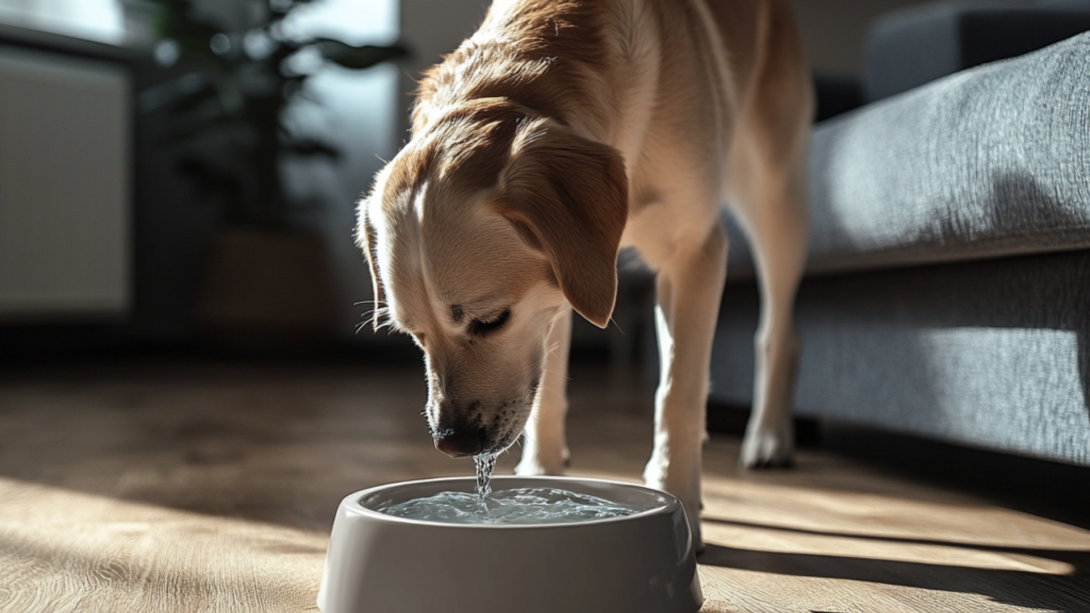
 August 23, 2024
August 23, 2024
 0 comments
0 comments




 March 26, 2025
March 26, 2025
